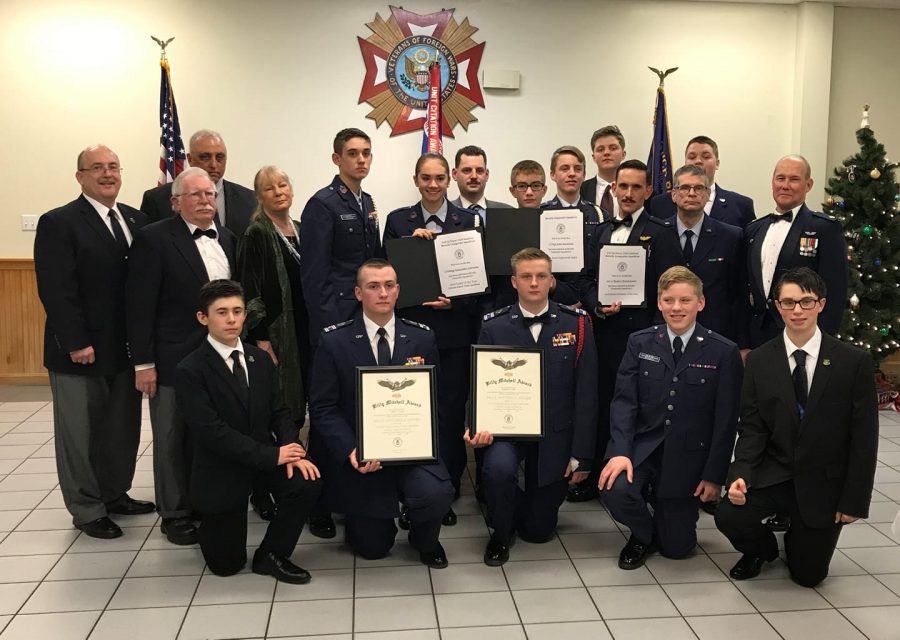Patriotic Aviators
January 10, 2019
During WWII, a group of patriotic aviators took to the skies in defense of the homeland. These patriots didn’t join the military for several reasons. They were medically unfit, too old, or even too young; however, they played a major role in the outcome of WWII. They served as coastal patrol, target towing, aircraft spotters, fire and forest watch, search and rescue, but few people have heard of them. The organization I’m speaking of is the Civil Air Patrol (CAP). Formed many years before WWII but formally recognized on December 1, 1941. CAP is still flying missions and serving the country today. Named the official Auxiliary of the U.S. Air Force on May 26, 1948, their three missions of today are emergency services, cadet programs, and aerospace education.
During WWII, a little known battle was being fought right off the eastern coast of the U.S.. Germany had begun a campaign to destroy ships off the coast and sabotage the U.S. using their infamous U-Boats. CAP played a major factor in winning this battle. Over the course of WWII, CAP flew 86,685 missions, reported U-Boat positions 173 times, attacked 57, dropped 82 bombs, and sank 2. In this valiant effort to stop the Germans, men and equipment were lost. CAP lost 90 aircraft, 26 men, and 7 were seriously injured. Eventually, the Germans were forced to halt their campaign, continue the war elsewhere.
While CAP has taken a non-combat role in the modern era, they still serve their country through emergency services. 90% of all inland search and rescue operations within the U.S. involve CAP. In 2017 alone, 110 lives were saved through CAP’s search and rescue operations. During 9/11, CAP flew over ground zero to take photos of the damage, manned critical positions in emergency operations centers, and even transported blood that otherwise would’ve spoiled. During Hurricane Harvey, CAP took 8,600 photos of the damage and located ELTs (emergency location transponders) that were set off during the storm. The same sort of operations occurred in both hurricanes Florence and Michael. Emergency Services isn’t all CAP has to offer, they also provide cadet programs and aerospace education.
Cadet Programs are designed to teach cadets about leadership, teamwork, physical fitness, and much more, “I believe in this program; that’s why I came back as a senior member.” (1st Lt. Walter Christiansen CAP) National Cadet Special Activities or NCSAs for short, are typically activities that last a few days to weeks where cadets can learn specific skills, such as search and rescue operations, cyber defenses, and they can even earn their Pilot’s License. Most students and even teachers would like to have an opportunity to strengthen their leadership skill or would have liked the opportunity when they were younger. Civil Air Patrol is that chance, with programs to build strong and determined leaders.
On top of leadership education, CAP offers aerospace education through NCSAs, conferences and core curricula and activities within the squadron. Through these programs, cadets can learn about rockets, aircraft, and basically anything that flies. Cadets can even earn their glider and airplane wings and licenses.
Whether you want to strengthen your leadership skills, earn your pilots license, see what the military is like, or just have an after school program, CAP is a great choice.

